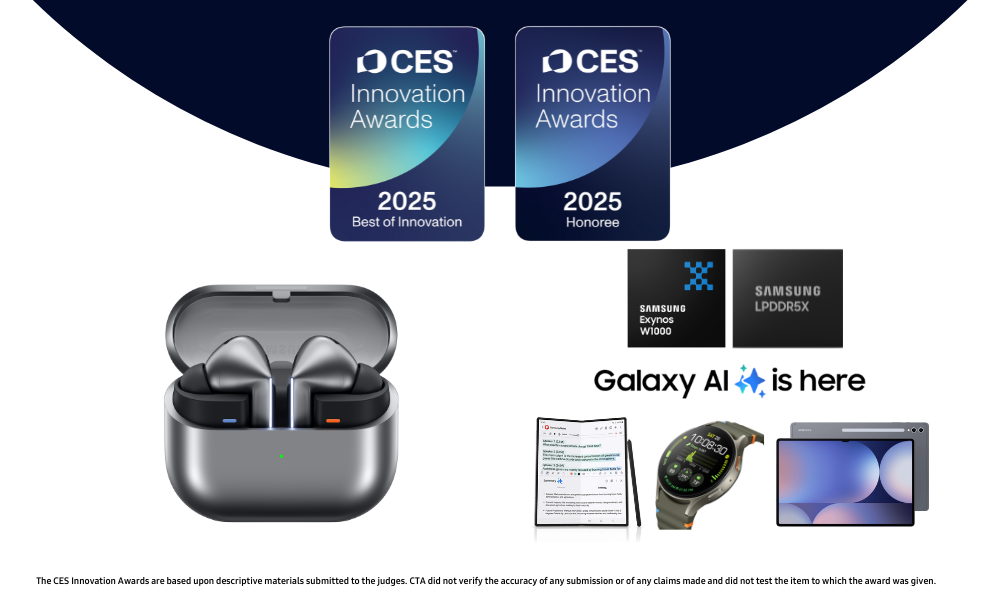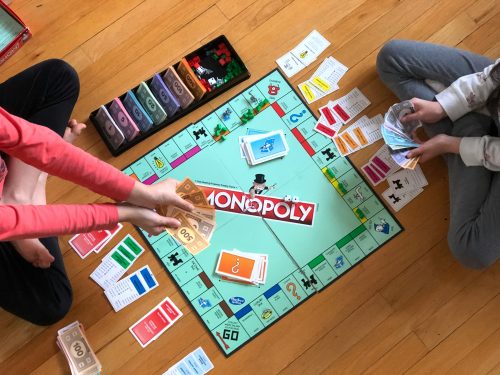As we approach CES 2025, it’s worth looking back at the groundbreaking consumer technology innovations that defined 2024. This year saw incredible advancements in augmented reality (AR), virtual reality (VR), gaming, artificial intelligence (AI), and more. These technologies didn’t just push boundaries—they shaped industries and captured the public’s imagination.
Tap in and explore how these innovations are transforming music, apps, education, and viral celebrity-supported trends.
AR and VR in Music Consumer Technology
Augmented reality and virtual reality have revolutionized the music industry, offering immersive experiences that bring fans closer to their favorite artists. VR concerts became mainstream in 2024, with artists like The Weeknd and Billie Eilish headlining digital performances in custom-built virtual arenas. Fans attended these concerts from the comfort of their homes, interacting with other attendees and exploring exclusive virtual merchandise.
On the AR side, apps like HoloJams allowed users to project holographic performances into their living spaces. This technology also gained traction in education, enabling music teachers to demonstrate techniques or perform alongside students in real-time, no matter their location.
Celebrity endorsements amplified these innovations. Pharrell Williams partnered with AR developers to create an interactive songwriting platform, allowing users to access virtual coaching and collaboration tools.
Gaming: The Rise of Immersive Worlds
Gaming technology hit new heights in 2024. Leading the charge were titles that fully embraced VR, with MetaQuest and Sony’s PS VR2 Pro dominating the market. Games like Elden Ring: Immersive Realms and Cyberpunk 2077: Phantom City VR pushed the limits of what’s possible in virtual spaces, featuring hyper-realistic environments and AI-driven narratives.
AI also enhanced gaming by making NPCs (non-player characters) smarter and more responsive. In multiplayer games, AI moderation tools curbed toxicity by analyzing and addressing inappropriate behavior in real-time, fostering safer gaming environments.
Viral games like DanceVerse blurred the line between music and gaming. Supported by pop icons like Dua Lipa and BTS, DanceVerse allowed players to learn choreography and compete in virtual dance-offs. AR components enabled users to project themselves into music videos, making it a hit among content creators.
AI-Powered Creativity Apps
Artificial intelligence took creativity to new heights in 2024. AI-driven apps for music, content creation, and education empowered users to achieve professional results with ease. MuseAI, for instance, allowed aspiring musicians to compose tracks by humming a melody, which the app then orchestrated into a full arrangement. This democratized music production, enabling anyone to create professional-grade tracks without formal training.
In video content creation, tools like VidGenie empowered creators to produce cinematic-quality videos by simply describing their vision. AI handled scripting, storyboarding, and editing, making it easier than ever to create viral content for TikTok and Instagram.
Celebrities also embraced AI in creative projects. Taylor Swift partnered with an AI company to release an app that deconstructed her songwriting process, allowing fans to create their own “Taylor-inspired” songs.
AR and VR in Education
Education embraced AR and VR in 2024, transforming the way people learn. Schools and universities adopted VR platforms to provide immersive learning experiences. Imagine studying ancient Rome by walking through a VR reconstruction of the Colosseum or learning about the solar system by piloting a spaceship through a simulated galaxy.
AR apps like Learnly overlaid interactive lessons onto real-world objects. For example, a biology student could point their phone at a flower to see its anatomy labeled and explained in detail.
Music education also thrived in this space. Platforms like VirtuosoVR offered virtual masterclasses from renowned musicians, while AR apps displayed sheet music as a floating display for players to follow in real-time.
Viral Consumer Technology Innovations
Some of 2024’s most exciting consumer technology gained traction through viral moments on social media. One standout example was the HoloStar, a device that projected 3D holograms of influencers, allowing fans to have virtual meet-and-greets. Supported by celebrities like Ariana Grande and LeBron James, the HoloStar became a cultural phenomenon among Gen Z audiences.
AI-generated content also went viral, with tools like DeepJam creating hyper-realistic “collaborations” between living and deceased artists. While this sparked ethical debates, fans were captivated by tracks that imagined collaborations like Tupac and Kendrick Lamar or Whitney Houston and Adele.
Samsung’s 2025 Recognition
As one of the world’s leading consumer technology and general technology innovators, Samsung continued to set the standard in 2024 and is already garnering recognition for its upcoming breakthroughs in 2025. At CES 2025, Samsung is expected to showcase its groundbreaking developments in display technology, AI-powered devices, and smart home innovations.
Their 2025 Neo QLED 8K TVs are rumored to deliver unparalleled picture quality, leveraging AI for adaptive visuals that redefine home entertainment. Samsung’s latest smartphones, including advancements in foldable designs, remain industry leaders, combining sleek aesthetics with cutting-edge performance. The company is also making waves in the AI and IoT sectors, with their SmartThings ecosystem seamlessly connecting devices to create smarter, more efficient living spaces.
Samsung’s impact extends into the creative world, with partnerships that enable content creators to push boundaries. Their advanced Galaxy tablets and laptops are favorites among digital artists and professionals, providing the tools needed to bring ambitious projects to life. As a brand synonymous with innovation, Samsung remains a beacon of what’s possible in consumer technology.
Celebrity-Backed Consumer Technology
Celebrities played a key role in spotlighting new consumer technologies in 2024. Will Smith launched a VR adventure game called Emancipated, blending storytelling with action-packed gameplay. Rihanna introduced an AI-powered beauty app offering personalized skincare advice and AR try-ons for makeup products.
Musicians like Ed Sheeran leveraged AI to create interactive albums, allowing fans to remix tracks, swap instrumentation, or even personalize lyrics for a unique listening experience.

The consumer technology of 2024 has set the stage for an exciting future, particularly as we look forward to CES 2025. From AR and VR experiences redefining music and education to AI tools democratizing creativity, this year’s innovations proved that the future of consumer technology is immersive, connected, and accessible.
Stay tuned for more RMR insights into how these trends are shaping the way we live, work, and create.







